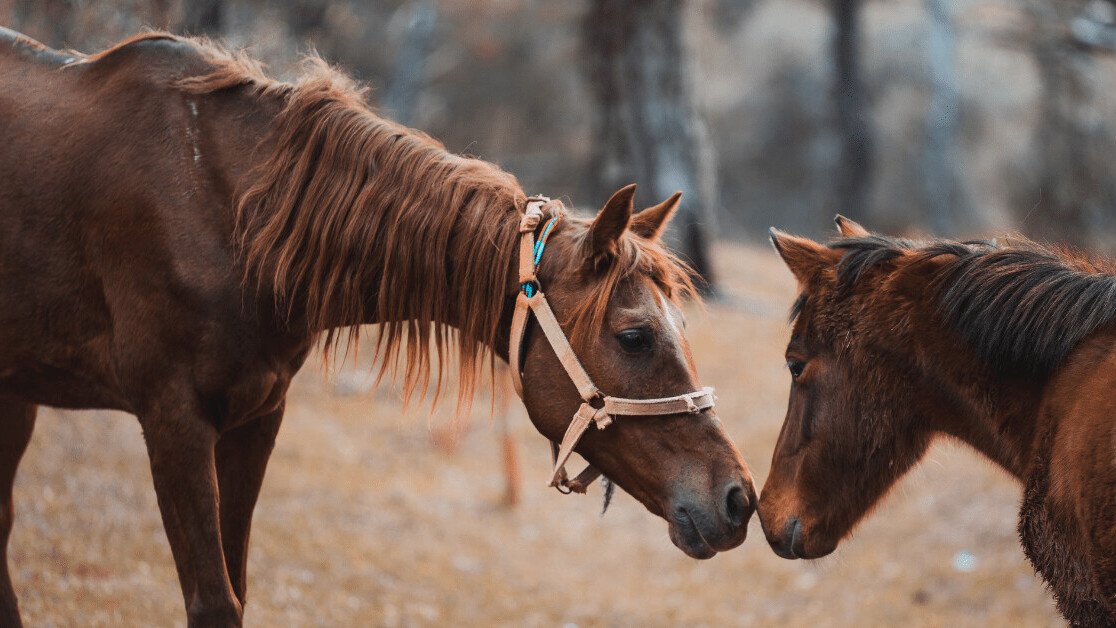A new algorithm that predicts the susceptibility of different animals to COVID-19 suggests that horses and camels are at increased risk of catching the virus.
The project was initiated by Jacquelyn Brown, a staff scientist at Vanderbilt University and avid equestrian, after she learned that dogs and cats could be infected with COVID-19:
I became worried about other animals that might act as reservoirs for the disease or be at risk. Since MERS infects camels, I was concerned about what would happen if my horse could get it?! Horses have massive lungs and a sensitive respiratory system, and we humans often touch their noses and mouths.
Brown and her team began their work by applying a mix of genetic sequence alignment and structural analysis of the receptor protein for the virus –ACE2 — to a range of species known to be either susceptible or resistant to COVID-19. This revealed five amino acid sites within the protein that affect an animal’s level of vulnerability.
The team used these sites to develop an algorithm that predicts the susceptibility of other species by analyzing their ACE2 sequences.
[Read: This AI spots local COVID-19 outbreaks before they’ve spun out of control]
As well as horses and camels, the algorithm found that the Chinese horseshoe bat has a high risk of catching the virus. It also gave intermediate susceptibility scores to the Malayan pangolin, cow, goat, and sheep.
The researchers believe these findings can help protect people, wildlife, livestock, and food sources from COVID-19. They also think their approach could be applied to other viruses or during future outbreaks.
“There is also the opportunity to investigate if the identified five sites on ACE2 that most distinguish susceptible from non-susceptible species can be used as targets to develop drugs that inhibit these sites specifically,” added Meena Madhur, the associate director of the Vanderbilt Institute for Infection, Immunology, and Inflammation.
The team has now made their algorithm public on a website, where anyone can upload ACE2 sequences of animals to generate their COVID-19 susceptibility score.
Get the TNW newsletter
Get the most important tech news in your inbox each week.





